And now a break from our regularly scheduled post on what to cook for the holidays, to ways you can amplify your impact on the health of the planet, and animal welfare. To round out the year, I’m offering advice on where to make end-of-year, tax-deductible donations. (If you need ideas for a Holiday Dinner, click here. And for tasty appetizers and sides, click here).
In my previous life, I co-founded The Philanthropy Connection, a grant-making organization. With this post, I’m combining that phase of my life with my current plant-based blogger life. Most of my Top Charities of 2024 operate under the radar screen, and are not household names. Donations of any size can make a big impact. I’ve vetted them all, know most of their leaders, will personally fund them this year, can assure you they spend their money wisely, and are effective.
Click through to learn something about people and organizations making a positive impact in the world, and perhaps find it in your heart (and checkbook) to give. The animals, the planet, your body, and I will thank you. FYI, if you are looking for a meaningful gift to give a friend or family member who is difficult to buy for, and/or already has too much stuff, a donation in their name to any charity that aligns with their interests is always a big hit.
1. Faunalytics: Faunalytics disseminates research to health, environmental, and animal advocates, pro bono. From reports on how supermarkets create promotions and environments to influence our (often unhealthy) food choices, to why people surrender their dogs to shelters, and how enormous fishing vessels (illegally) hide their locations, Faunalytics provides science-based, actionable research to front-line advocates.
2. 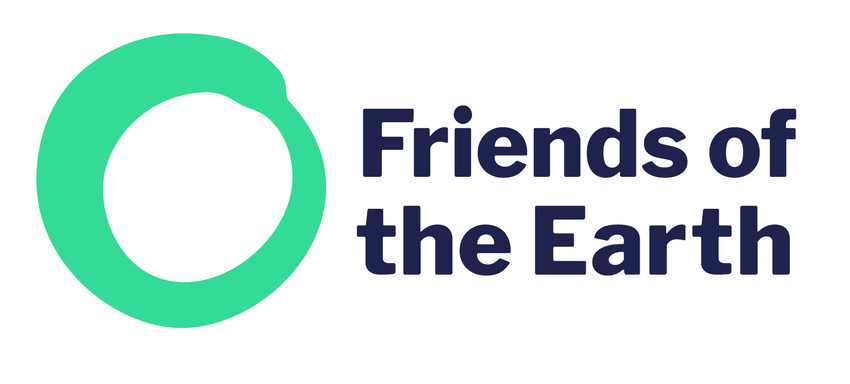 Friends of the Earth: Friends of the Earth speaks truth to power, to expose those who endanger the health of people and the planet. The organization’s focus is on climate & energy justice, food justice & agriculture, and preserving our oceans and forests.
Friends of the Earth: Friends of the Earth speaks truth to power, to expose those who endanger the health of people and the planet. The organization’s focus is on climate & energy justice, food justice & agriculture, and preserving our oceans and forests.
3. 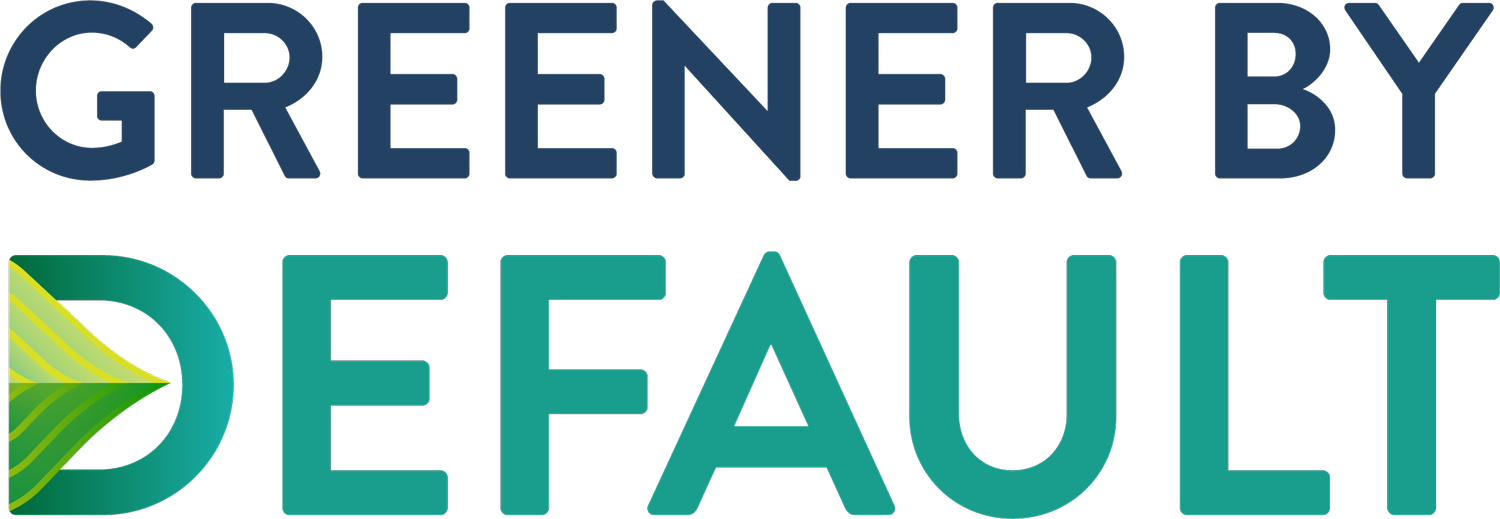 Greener by Default: When my brother-in-law was hospitalized for a heart attack, one of the first meals he was served (in the cardiology ward!) was meatloaf and gravy, a high-cholesterol meal. In what world does that make sense? Greener by Default is changing the food served in hospitals (and in university dining halls, at large conferences, and elsewhere) away from meat, by making healthier, plant-based meals the default. If Greener by Default had worked with the hospital where my brother-in-law got care, he could have requested meat loaf, but if he hadn’t, he would have been served a healthier — and tastier– plant-based option. Today, all 11 of New York City’s public hospitals are “greener by default.” It’s a win-win: hospital food costs are down, and patient satisfaction with meals is way, way up. Hospitals are standing in line to sign up with the program – there’s a wait list!
Greener by Default: When my brother-in-law was hospitalized for a heart attack, one of the first meals he was served (in the cardiology ward!) was meatloaf and gravy, a high-cholesterol meal. In what world does that make sense? Greener by Default is changing the food served in hospitals (and in university dining halls, at large conferences, and elsewhere) away from meat, by making healthier, plant-based meals the default. If Greener by Default had worked with the hospital where my brother-in-law got care, he could have requested meat loaf, but if he hadn’t, he would have been served a healthier — and tastier– plant-based option. Today, all 11 of New York City’s public hospitals are “greener by default.” It’s a win-win: hospital food costs are down, and patient satisfaction with meals is way, way up. Hospitals are standing in line to sign up with the program – there’s a wait list!
 4. Mercy for Animals: Mercy for Animal’s long-term goal is to end factory farms — where 99% of the animal products Americans eat are raised. They’re chipping away at the issue with creative programs like The Transfarmation Project, a farmer-led movement that helps debt-ridden farmers get out from under the thumb of corporate behemoths like Tyson and Purdue, and transition from chicken farming to growing mushrooms, hemp, micro-greens, and other profitable plants.
4. Mercy for Animals: Mercy for Animal’s long-term goal is to end factory farms — where 99% of the animal products Americans eat are raised. They’re chipping away at the issue with creative programs like The Transfarmation Project, a farmer-led movement that helps debt-ridden farmers get out from under the thumb of corporate behemoths like Tyson and Purdue, and transition from chicken farming to growing mushrooms, hemp, micro-greens, and other profitable plants.
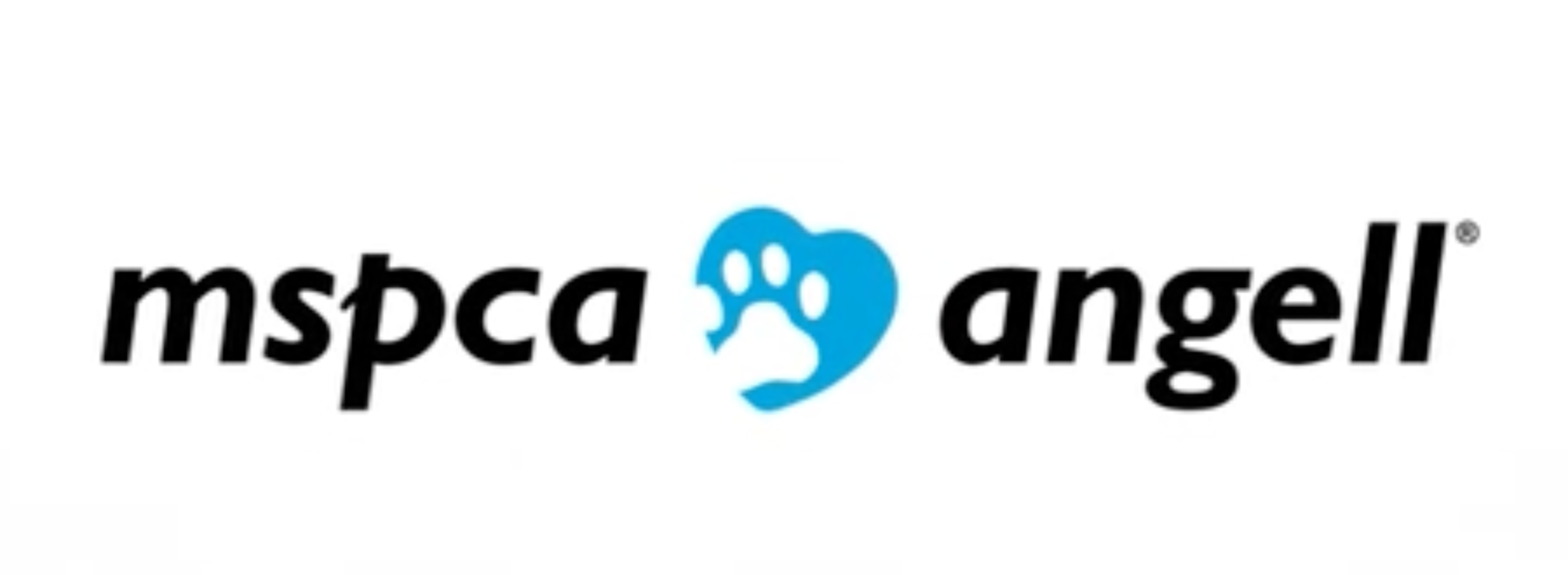 5. MSPCA-Angell: Most know MSPCA-Angell for its pet adoption and veterinary services. Both are excellent. Yet, many remain unaware of the organization’s leadership in animal advocacy, education, and law enforcement. Their front-line workers fight for more stringent animal welfare laws, teach children empathy towards animals in schools, respond to reports of animal cruelty, and more.
5. MSPCA-Angell: Most know MSPCA-Angell for its pet adoption and veterinary services. Both are excellent. Yet, many remain unaware of the organization’s leadership in animal advocacy, education, and law enforcement. Their front-line workers fight for more stringent animal welfare laws, teach children empathy towards animals in schools, respond to reports of animal cruelty, and more.
![]() 6. New Roots Institute: Thousands of teachers have invited New Roots educators into their classrooms to inspire critical thinking about industrial animal agriculture and its impact on our health, on workers, the environment, and animal welfare. Through its fellowship program, New Roots trains the next generation of high school and university students to become effective advocates for issues that inspire them.
6. New Roots Institute: Thousands of teachers have invited New Roots educators into their classrooms to inspire critical thinking about industrial animal agriculture and its impact on our health, on workers, the environment, and animal welfare. Through its fellowship program, New Roots trains the next generation of high school and university students to become effective advocates for issues that inspire them.
 7. The Humane League: Before The Humane League started their work, virtually all hens in the U.S. were raised indoors in battery cages, crammed, inhumanely, into spaces so small they could not move or spread their wings. Today, over 40% are cage-free — double that of just five years ago. Thanks to the tireless work of The Humane League, some of the world’s largest corporations, among them, General Mills, PepsiCo, KFC, Pizza Hut, and Whole Foods, have signed pledges to contract with suppliers that treat factory-farmed animals more humanely.
7. The Humane League: Before The Humane League started their work, virtually all hens in the U.S. were raised indoors in battery cages, crammed, inhumanely, into spaces so small they could not move or spread their wings. Today, over 40% are cage-free — double that of just five years ago. Thanks to the tireless work of The Humane League, some of the world’s largest corporations, among them, General Mills, PepsiCo, KFC, Pizza Hut, and Whole Foods, have signed pledges to contract with suppliers that treat factory-farmed animals more humanely.


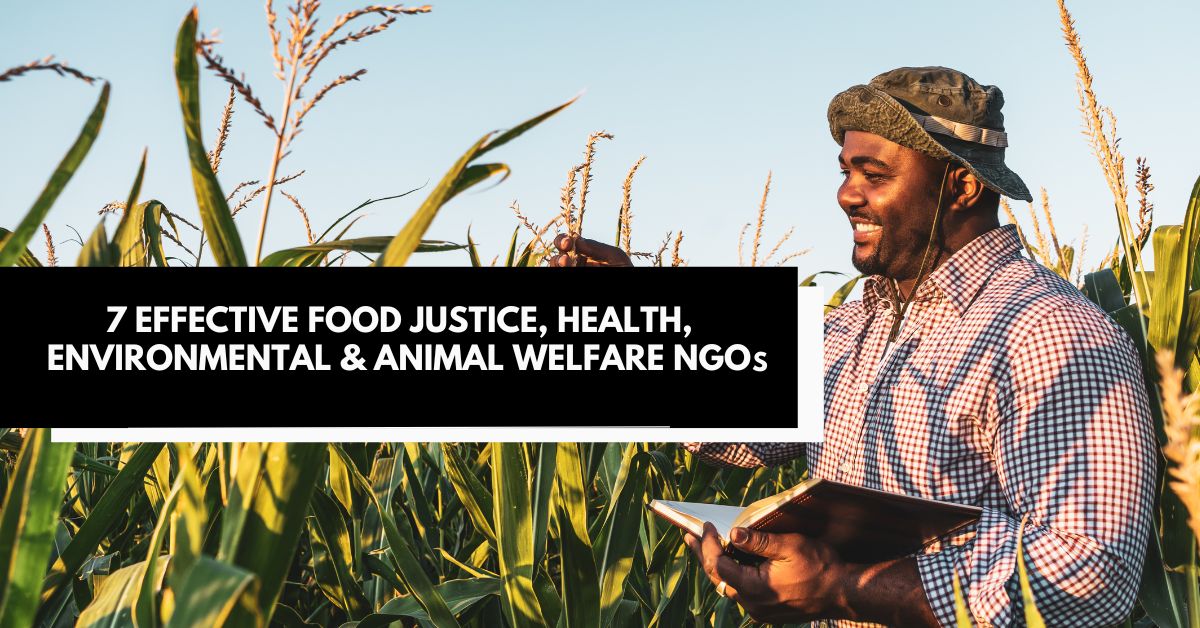
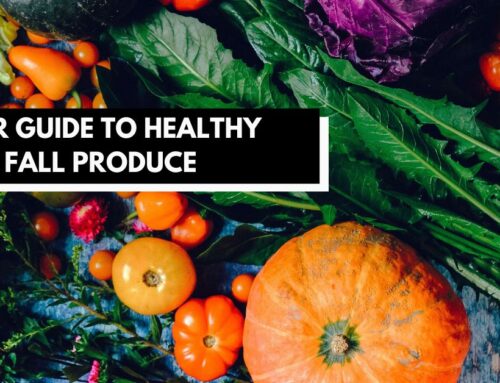


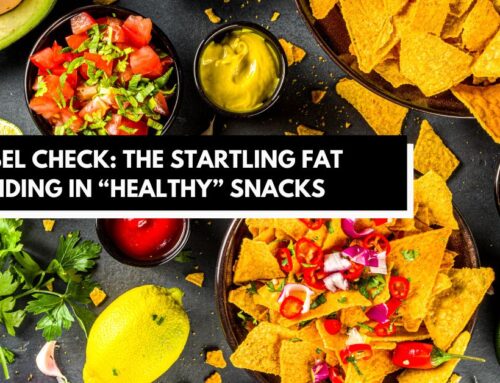
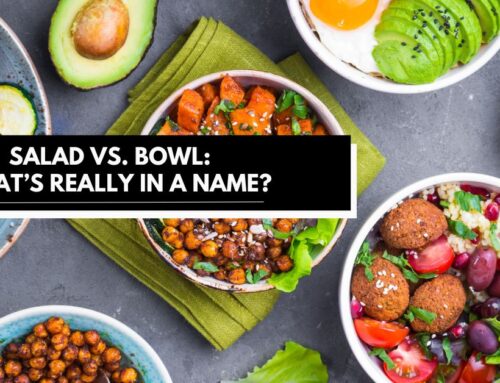


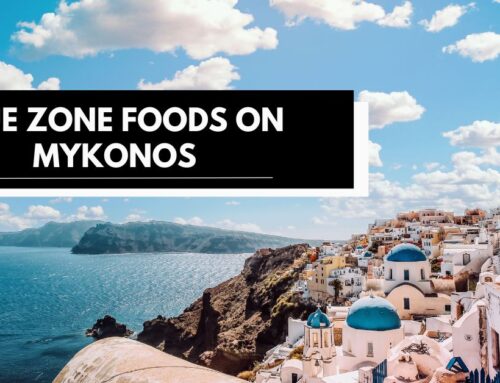
Leave A Comment